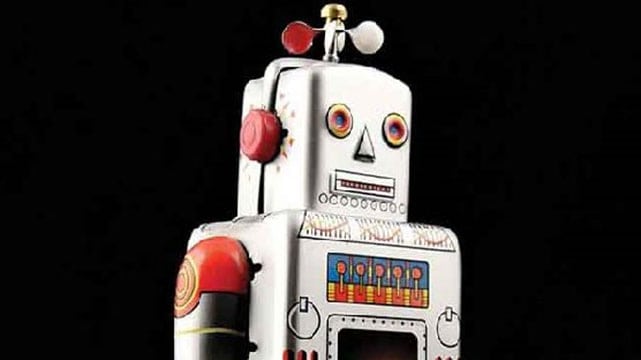That said, more than half of the 30-odd stock S&W AI portfolio is weighted toward companies based in the US (53.2%), with the UK also coming in behind China (7.9%), Germany (7.8%) and Japan (6.5%) as at 30 September 2017.
None of the fund’s top 10 stocks are UK companies, positions filled by FANG giants like Alphabet and Netflix and Alibaba.
‘Like great sex’
Ford said during the panel debate that unlike other mainstream economies, at least the US and the UK were having the conversation about AI. In this respect, he is right. But is the UK’s tech offering so promising and robust that it can withstand the potential reality of a “no deal” outcome?
In another conference last week hosted by DataArt, which counted tech leaders from Blackrock, Willis Towers Watson and the big British banks among its attendees, futurist and author Rohit Talwar said that effective use of AI was “like great sex, something everyone wants but few have experienced”.
“If you’re rushing into digital, you might as well take the cash to the casino,” Talwar added.
This is a trend that has been increasingly apparent in the financial services industry with robo advice start-ups popping up all over the place and traditional wealth managers, investment banks and insurers looking for ways to automate parts of their routine to not get left behind.
By the law of averages, only a small portion of those start-ups will survive, points out Chris Fisher, Multrees Investor Services CEO.
“There are a number of start-up robo advice firms out there and it will be very interesting to see over the next three to five years how many of them are still around and how many of them have had to put themselves up for sale or be acquired,” he says.
There is no question that businesses which are ahead of the curve in their application of machine learning and other AI breakthroughs are going to benefit from greater more accurate insights into their business and potentially much lower cost structures as well.
Still, worrying about whether certain jobs will become obsolete in an increasingly automated world feels a bit like putting the cart before the Brexit horse.







